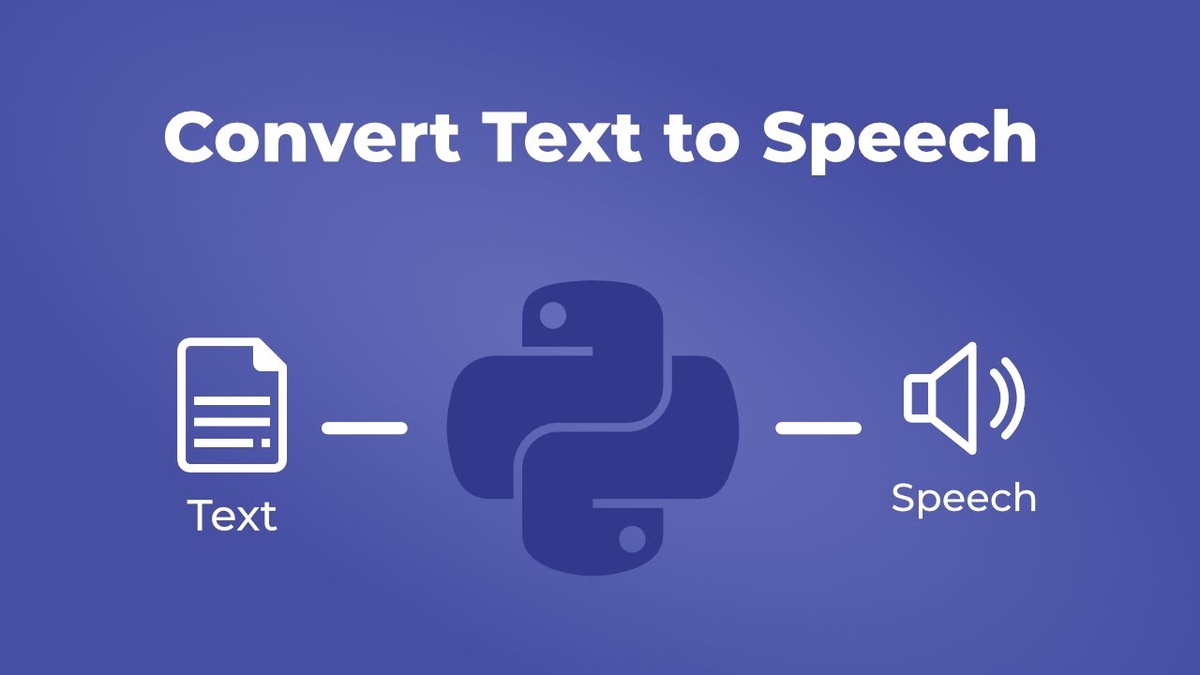While Text-to-Speech (TTS) technology offers numerous benefits and applications, it also raises significant security and privacy concerns that must be addressed to ensure the responsible development and usage of TTS applications. From data privacy risks to potential misuse of synthesized speech, understanding and mitigating these concerns are essential for safeguarding user privacy and maintaining trust in TTS technology. In this article, we'll explore some of the key security and privacy concerns associated with Text-to-Speech applications and discuss strategies for addressing them.
Data Privacy Risks
Text-to-Speech applications may collect and process sensitive user data, such as speech recordings, text input, and user interactions, raising concerns about data privacy and confidentiality.
-
Speech Data Collection: TTS systems may require access to speech data for training and optimization purposes, posing risks of unauthorized access, data breaches, and misuse of sensitive information.
-
Text Input and User Interactions: TTS applications may capture and store user input, interactions, and preferences, potentially exposing personal information and compromising user privacy if not handled securely.
Strategies for Addressing:
-
Data Minimization: TTS developers should implement data minimization practices to collect and retain only the minimum amount of data necessary for TTS functionality, reducing the risk of data exposure and privacy breaches.
-
Encryption and Anonymization: TTS systems should use encryption and anonymization techniques to protect speech data during transmission and storage, ensuring that sensitive information remains confidential and secure.
Synthetic Voice Misuse
Synthesized speech generated by TTS systems can be used for malicious purposes, such as impersonation, fraud, and misinformation, raising concerns about the misuse of synthetic voices to deceive or manipulate users.
-
Voice Cloning: Malicious actors may use voice cloning techniques to mimic the voices of individuals or public figures, impersonating them for fraudulent activities or spreading misinformation.
-
Social Engineering Attacks: Synthetic voices can be used in social engineering attacks, such as phishing scams and voice-based fraud schemes, to deceive users and manipulate their behavior.
Strategies for Addressing:
-
Voice Authentication: TTS applications can incorporate voice authentication and verification mechanisms to authenticate the identity of users and detect fraudulent attempts to impersonate others using synthetic voices.
-
Detection and Prevention Algorithms: TTS developers can implement detection and prevention algorithms to identify suspicious or malicious use of synthetic voices and mitigate the impact of voice-based attacks.
User Consent and Control
Ensuring user consent and control over the collection and use of their data is essential for maintaining transparency, trust, and compliance with privacy regulations.
-
Informed Consent: TTS applications should provide clear and transparent information to users about data collection practices, usage policies, and privacy implications, enabling informed consent and decision-making.
-
User Preferences and Settings: TTS systems should offer users control over their privacy settings and preferences, allowing them to opt-in or opt-out of data collection, customization features, and third-party integrations.
Strategies for Addressing:
-
Privacy Policies and Disclosures: TTS developers should publish privacy policies and disclosures that outline data practices, security measures, and user rights, helping users understand how their data is handled and protected.
-
Granular Privacy Controls: TTS applications can provide granular privacy controls that allow users to specify their preferences for data collection, sharing, and retention, empowering them to customize their privacy settings according to their preferences and comfort levels.
Conclusion
Security and privacy concerns in Text-to-Speech applications highlight the importance of responsible data practices, transparency, and user empowerment in the development and deployment of TTS technology. By implementing robust security measures, privacy protections, and user controls, TTS developers can mitigate risks, build trust, and ensure the ethical and responsible use of TTS applications. As TTS technology continues to evolve, addressing security and privacy concerns will be essential for safeguarding user privacy, maintaining trust, and promoting the responsible adoption of TTS technology across various domains and applications.


No comments yet